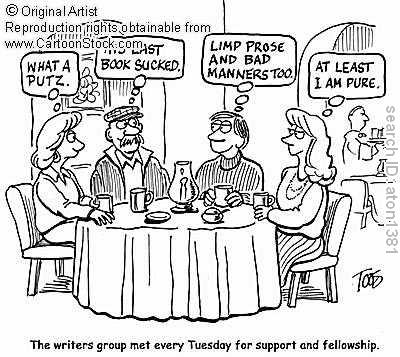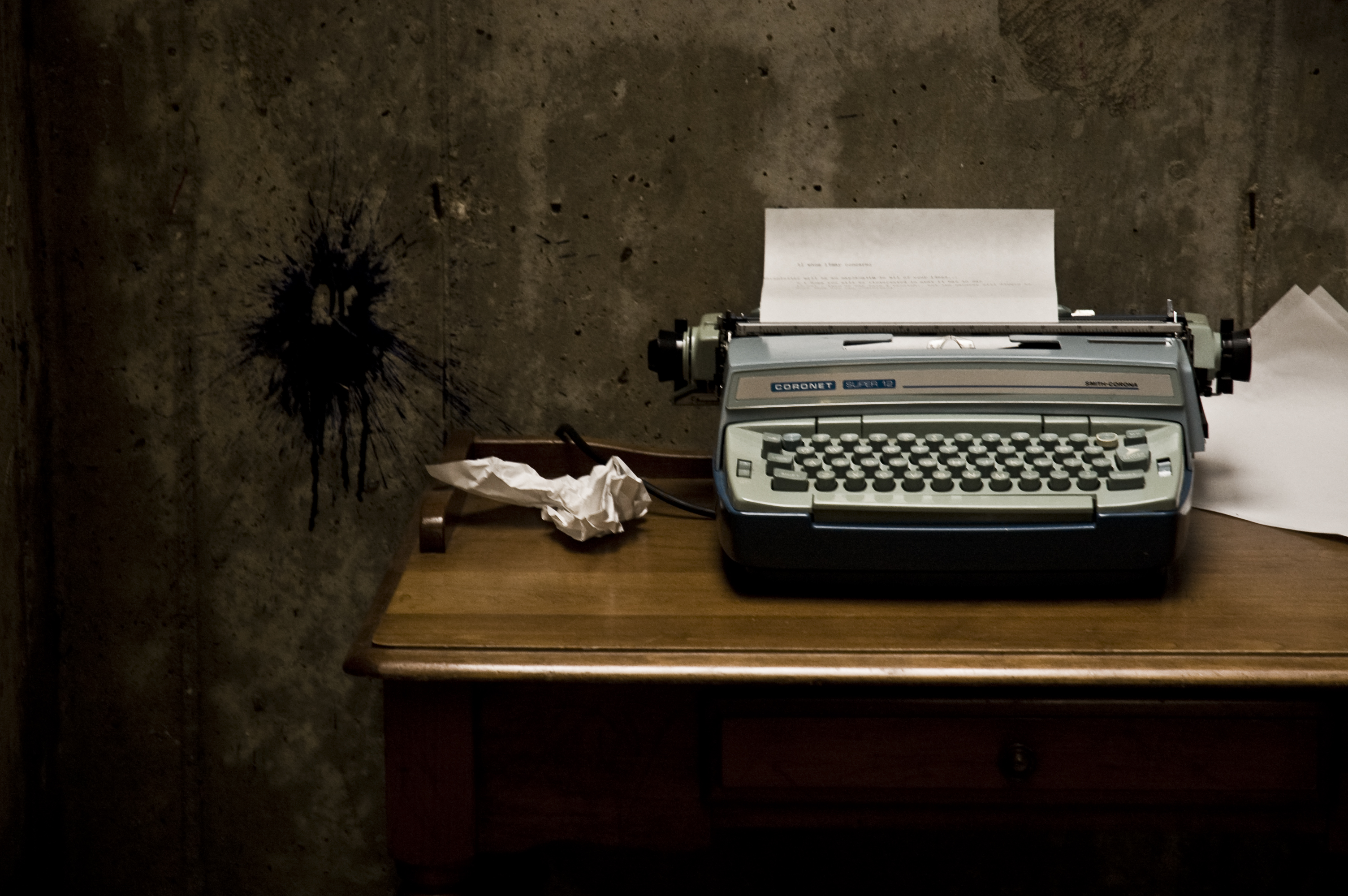Listen up, maggots. You are not special. You are not a beautiful or unique snowflake. You’re the same decaying organic matter as everything else. – Tyler Durden in Chuck Palahniuk’s Fight Club
Writer’s are a fragile bunch. We are primarily solitary creatures, except when we are gathering with other writers to talk about writing. We spend most of our lives dancing to music that exists only in our heads, talking to characters no one else can hear, and trying to effectively communicate what they say to everyone else.
That can be a lot of pressure. Sometimes it can be overwhelming. In Bird by Bird, Anne Lamott writes about the delicate psyche of the writer and the oppressive gravity a blank page can place upon them. I think sometimes we let ourselves get frightened by the gravity and scope of what we are trying to do. There are so many things to worry about. There is plot, characters, theme, setting, dialogue, grammar, spelling. We may invest hundreds of hours in a work of fiction that sucks and no one will ever read. We want to write something special, something that means something. We want to write the great American novel.
Anne Lamott deals with this by telling herself she only has to write what she can see through a one inch window. What I do is far less romantic, and likely the by-product of a blue-collar upbringing. I remind myself that I am not special. I cannot sit and watch a beautiful masterpiece flow from my fingertips. I am working. That requires practice, attention to detail, stubbornness, and the little bit of skill I possess.
I am not special. Thousands of writers are facing that same blank page at this moment. Hundreds of thousands of writers have faced millions of blank pages, and amazingly they have managed to be filled. The Library of Congress has 33 million books, not even a small percentage of all the writing done when you include magazines, screenwriting, playwriting, etc.
I am facing the same problem as everyone else. My answer will be the only thing different. When I stopped writing for awhile, a lot of it was about pressure. Some people around me who had read my stuff said I had talent. I felt pressure to perform and to do so immediately. Write a best-seller, my ex-wife used to say, so we can live on the money. She was trying to be supportive and encouraging, but a few rejection letters later, I stopped submitting. It was one thing for Ray Bradbury and Stephen King to say to persevere through rejections, they could literally crap on a sheet of paper and a publisher would buy it. But I am not either one of them.
Lately, I’ve been going to writer’s groups, and that has made the difference. I realized that I am not special. I am not the only writer struggling to start a literary career. I’m not even the only writer in my sub-genre in this city. Hell, for all I know, I’m not the only writer on my block. Somehow, that all makes me feel better. It calms my agoraphobic social phobia enough to get to work.
You don’t worry about mowing your lawn correctly because everyone does it. You don’t worry about shoveling snow the right way. You just shovel it. If you are working on a car, you know other people have done the same repair before and you just go do it.
When I approached writing this way, suddenly the blank page wasn’t near as offensive. Writing is just another thing I do. I love doing it, but in the end, it’s just another project. A blank page is nothing. I’ve filled them before. My colleagues are out there filling them right now. My fellow writers of the Dead Horse Society, the Writers of the Weird, and the Lawrence Writer’s Group are out there punching keys along with me. Some of our stuff will be good, some of it great, some of it God awful, but it will be there.
I’m not a beautiful and unique snowflake, and that is fine by me.



